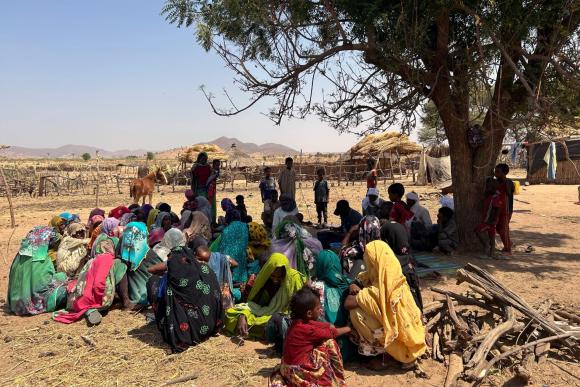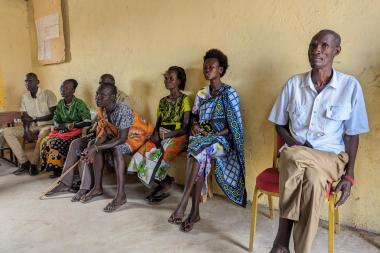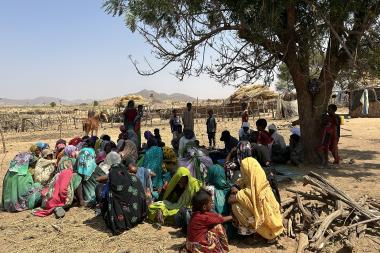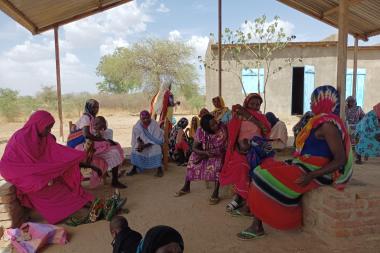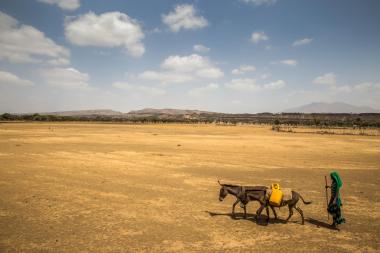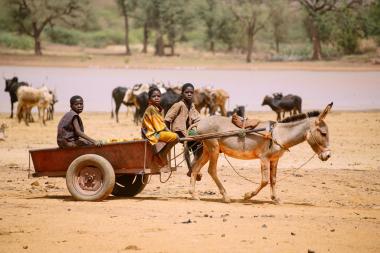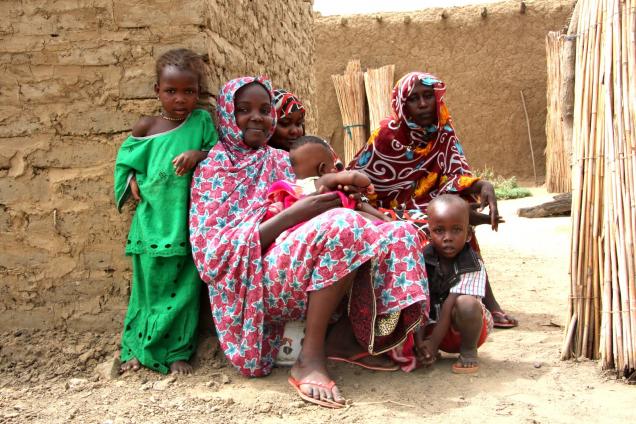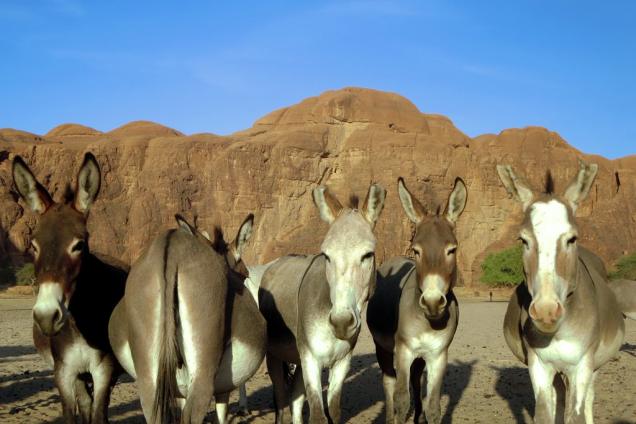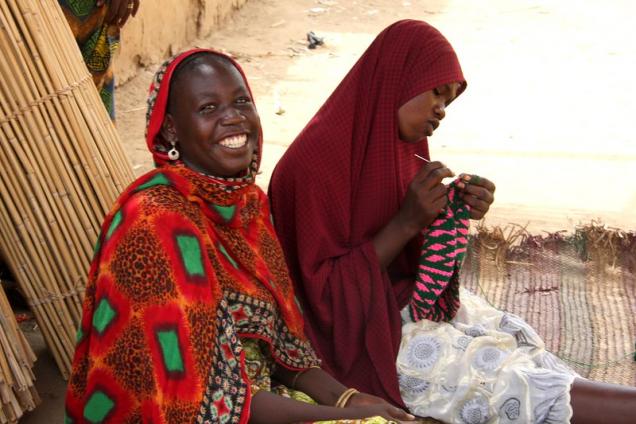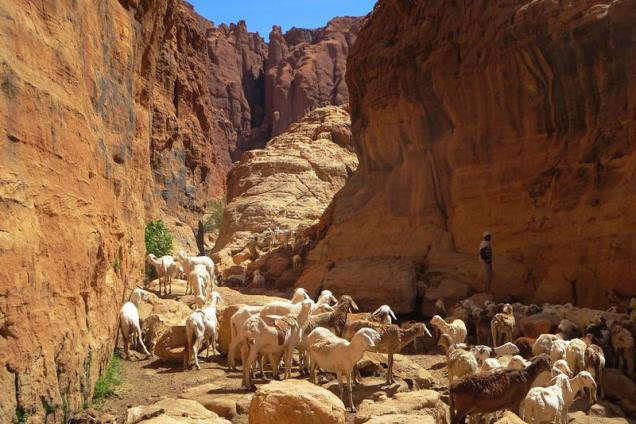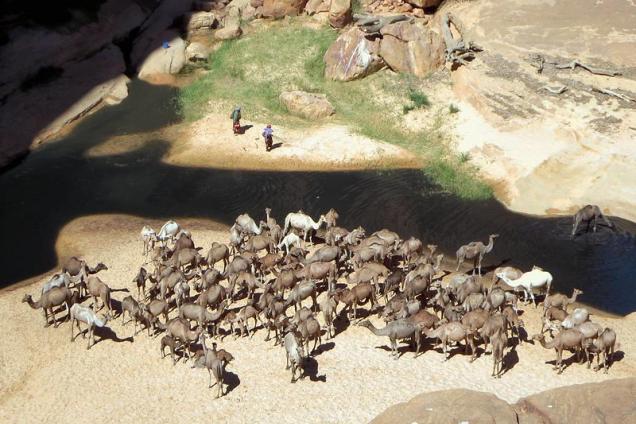Chad
Africa
In central Africa, Chad is home to 15.5million people. More than 80 per cent of its people in work rely on agriculture for a living. Pastoral and agro-pastoral communities keep cattle, camels, sheep and goats, and livestock production makes up around 25 per cent of national GDP. Just over 11 percent of Chadians are between the ages of 15 and 19.
Exclude from innovations page filters Off